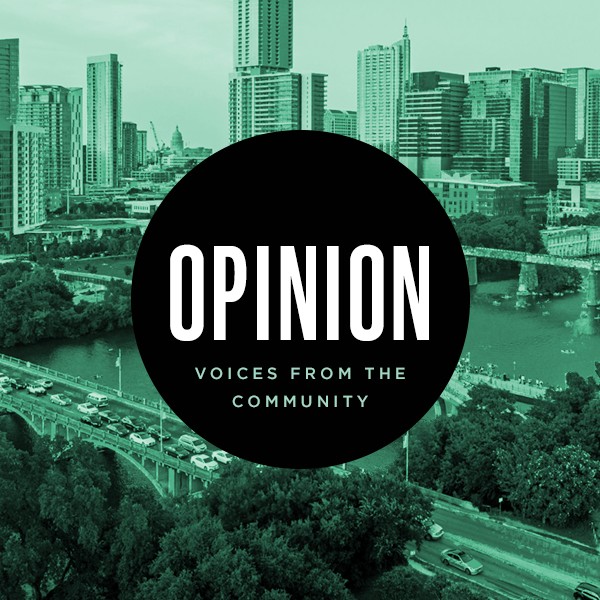In a very disturbing recent incident, Luigi Mangione, a man battling a chronic illness, allegedly attacked and killed the CEO of United Healthcare. The incident has sparked a discussion about the frustrations faced by those running a deeply flawed health care system. While violence is never justified, we must be mindful of the sense of desperation that drives such actions. As someone who lives with a chronic illness and works as an occupational therapist, I have experienced first-hand the emotional, physical, and financial burdens of chronic illness. I have also witnessed the widespread impact of these systemic defects on patients of all ages and backgrounds. It’s time to come together to address the broken system that affects us all.
Chronic illness is a daily struggle that goes beyond managing symptoms. It’s about navigating a health care system riddled with barriers, including soaring costs, bureaucratic insurance policies, and a lack of accessible mental health support. These challenges are universal across age, income, and political affiliation. They make individuals feel powerless and trapped, with little hope for improvement. However, the problems we face are not inevitable. They are the result of policy decisions, and we as a society have the power to change them.
The cost of treatment is a significant barrier. A report from the Kaiser Family Foundation found that nearly 30% of Americans with chronic illnesses delay or forgo treatment because they can’t afford it. This is not just a problem for people living in poverty; middle-class families are also drowning in medical debt. All it takes is one unexpected bill to make an impossible choice. Pay for medicine or keep the lights on. Do you go to your next therapy session or buy groceries? These decisions are devastating, avoidable, and emblematic of a medical system that prioritizes profits over people.
Insurance coverage is also a major hurdle. Policies designed to control costs often result in important treatments being denied. As a therapist, I have fought for patients whose important therapy sessions were deemed “unnecessary” by their insurance companies. While I may be able to advocate well, many patients lack the resources and support to fight for the care they need. result? A system in which people feel abandoned, isolated, and increasingly hopeless.
Mental health support is also woefully inadequate. Depression, anxiety, and feelings of isolation often accompany chronic illness. Despite this, mental health services remain underfunded and inaccessible to many. Ignoring this important element of care perpetuates a harmful cycle in which mental health problems go untreated and worsen physical illness, creating an additional burden on both individuals and families.
There are bright spots within this system. Community health programs, nonprofit organizations, and even some innovative insurance models are working to fill these gaps. However, these efforts alone are not enough. These are small patches on a system that requires a complete overhaul. True reform requires all of us – patients, healthcare providers, and the public – to share our stories, advocate for change, and demand policies that put people over profits.
This is not a partisan issue. Chronic diseases do not discriminate based on age, race, or political beliefs. This affects everyone, and improving our healthcare system is something we should all be concerned about, regardless of our background or ideology. Each of us has the power to use our voices for good: vote, advocate, call our representatives, share our experiences. By coming together and pushing for universal access to care, streamlining the insurance process, and better funding for mental health, we can create meaningful change.
The tragedy involving Luigi Mangione is a stark reminder of the human cost of inaction. His actions are indefensible, but we must address the sense of hopelessness that fueled them. We can’t wait for more people to reach their breaking point. We must act now.
Sharing stories is one of the most powerful tools we have. Personal experience reveals the real-world impact of policy and humanizes seemingly abstract issues. By sharing my story as someone living with a chronic illness and working in healthcare, I hope to inspire others to do the same.
Let this be your turning point. Let’s demand a system that treats health care as a right, not a privilege.
Sue Lam is an occupational therapist specializing in children with chronic health conditions and holds a Ph.D. student at Texas Woman’s University, where she studies gaps in psychosocial and physical care in the health care system. By combining clinical expertise and research, we aim to improve access to care, equity, and outcomes for vulnerable populations.
Is there anything you want to say? of chronicle We welcome input on any topic from the community. Submit it now to austinchronicle.com/opinion.
